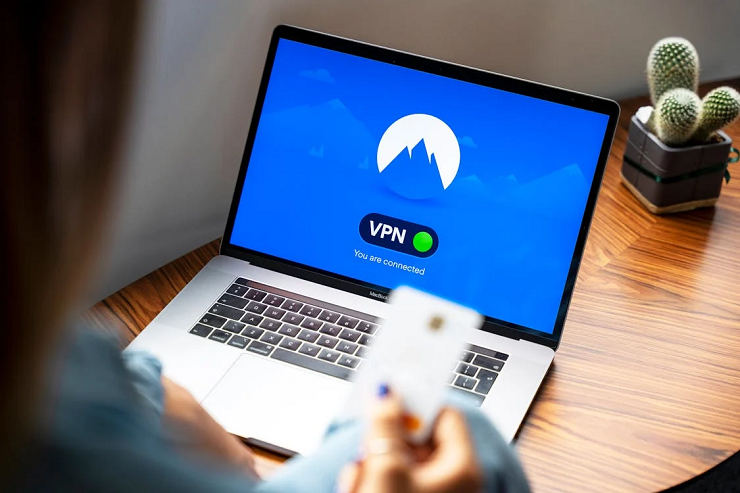

Email scams frequently come in the form of phishing, which is a type of online identity theft. Fraudsters attempt to trick users into entering their personal information into unsecured, illegitimate websites. Phishing scams come in the form of pop-ups and spam emails and can be difficult to detect. Once the cybercriminal has your personal information it can used for several types of identity theft, putting your name and your credit at risk. It’s one of the more devious types of identity theft, and as such, it is important to understand how to avoid these scams.
Ways To Avoid Email Scams:
Be On Guard
If you are receiving email from an unknown or unrecognized sender, do not open any attachments or follow any links. If you receive an email that is asking you to urgently complete a request, or submit or confirm personal or financial information online- don’t. Be wary of emails that aren’t personalized, or that attempt to agitate you into acting quickly- whether through threatening or alarming information.
Beware of Sharing Personal Information
When you’re making a payment online look to make sure it is https as opposed to http. The S stands for secure. If you receive an email looking for you to call a number to update account info…BEWARE! Never give personal information over the phone either.
Be Wary of Links
If you’ve received an email with links, or attachments and it’s not from a sender you know or you’re not expecting any such email- do not open them. Many email accounts can be taken over and scammers will send emails from those email addresses to the full contact list in a bid to trap users.
Be Careful
You shouldn’t send personal or financial information via email either- regardless of who you are sending it to. You don’t know who will be able to gain access to either email address, even if your end is secure- you don’t know that theirs is.
Links
Links in emails requesting personal information are also dangerous- even if it’s from a person or business that you do business with. Many phishing scams copy the look of legitimate websites to appear authentic. If in doubt, call the legitimate enterprise.
Pop-Ups
Never enter personal or financial information into a pop-up screen- nor should you click on links from pop-up screens, or copy web addresses from pop-ups. No legitimate business would ask for personal information from a pop-up.
Firewall
You want anti-virus, ad blocking, firewall, spam filters, and anti-virus software. Make sure you update it regularly and that you use a reputable option.
Call Your Local Tech Help Company
If you are unsure if an email is legitimate or not, call your local tech help company so they can help you determine it’s authenticity.

I’m a Nerd and very proud of it! I love to write about anything Tech related. Subscribe to our blog for helpful tips, tricks & news.




